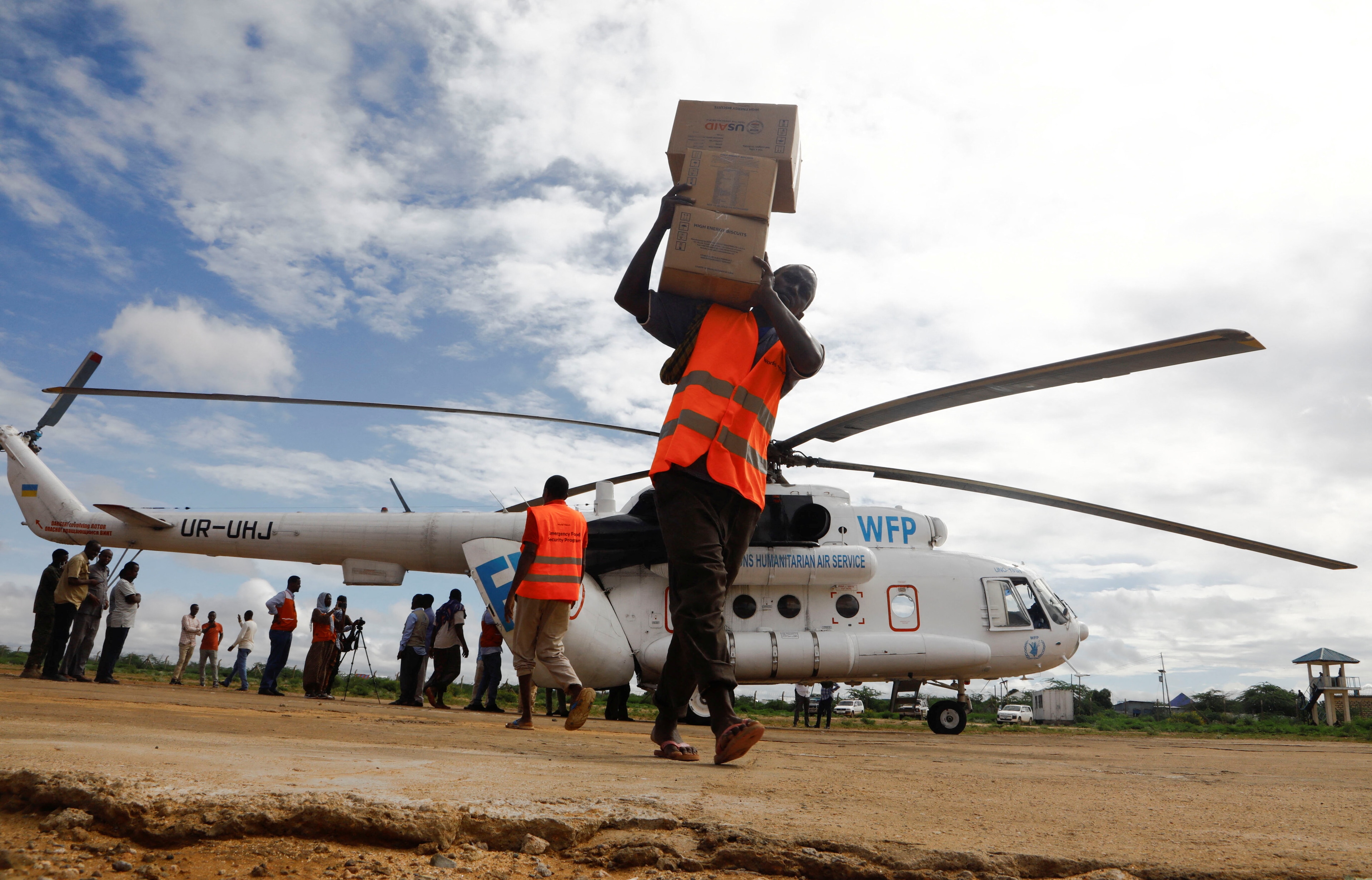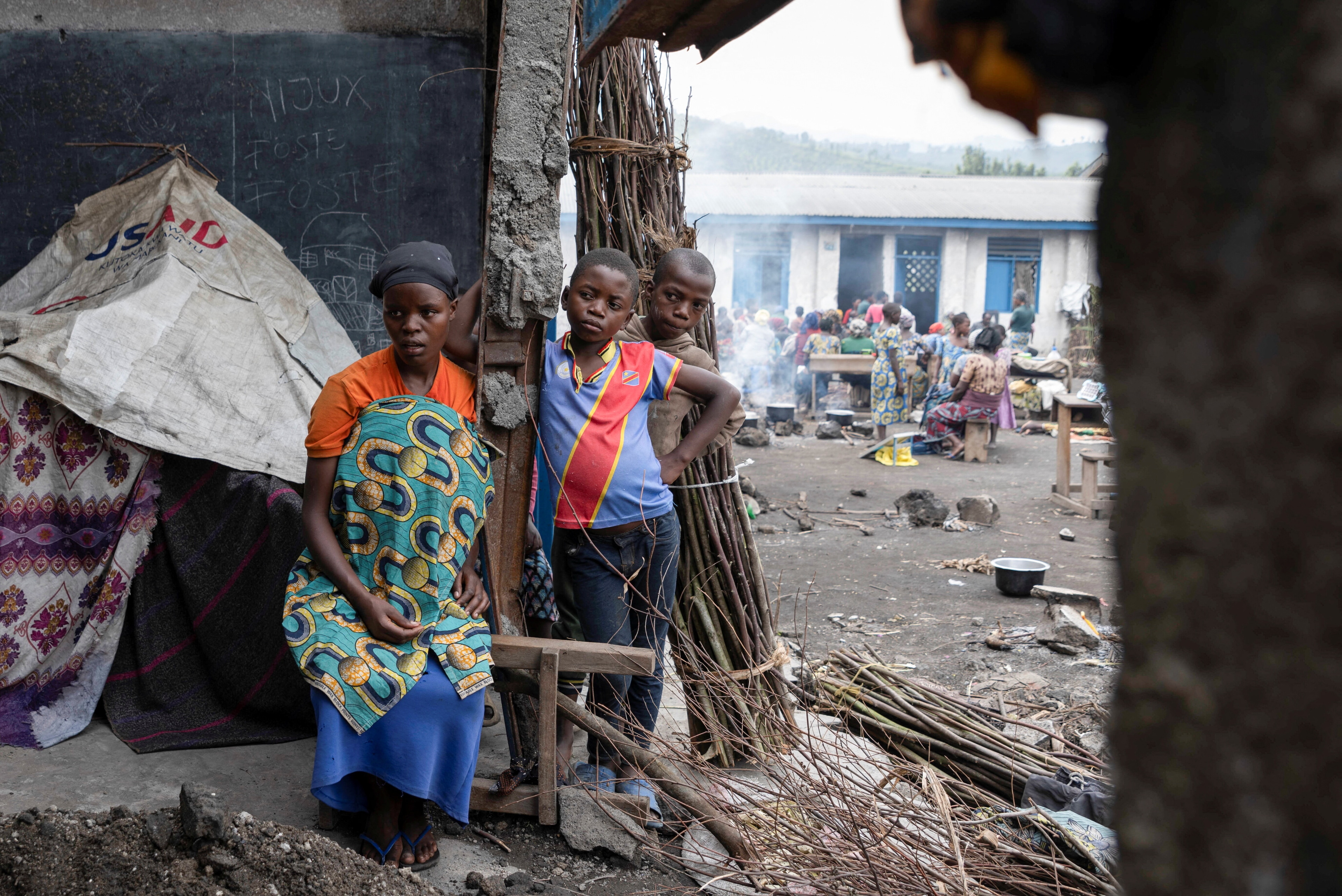Colombia to give temporary protective status to Venezuelan migrants

In a joint statement with UN High Commissioner for Refugees, Colombia's President announced it will give temporary protective legal status to Venezuelan migrants.
Image: REUTERS/Luisa Gonzalez
Stay up to date:
Latin America
- Colombia's President has announced the country will give temporary protective legal status to Venezuelan migrants.
- The status will allow the migrants to work legally in Colombia.
- Colombia has been the top destination for people fleeing economic and social collapse in neighboring Venezuela.
- At present, 966,000 of the 1.73 million Venezuelan migrants living in Colombia do not currently have legal status.
Colombia will give temporary protective legal status to Venezuelan migrants, President Ivan Duque said on the 8th February, in a joint announcement with United Nations High Commissioner for Refugees Filippo Grandi.
The status will allow the migrants to work legally in Colombia. Colombia has been the top destination for people fleeing economic and social collapse in neighboring Venezuela. Some 966,000 of the 1.73 million Venezuelan migrants living in Colombia do not currently have legal status.
“We need to take action,” Duque said at a press announcement. “This process marks a milestone in Colombia’s migration policies.”
The UN’s Grandi called the announcement “historic” and said it was the most important humanitarian gesture in the region for decades.
The migrant influx has overburdened Colombia’s fragile public health and education systems, especially in border areas.
The new status - which will last 10 years - will free those who are already legalized from regularly having to reapply for permissions, Duque said.
In addition, migrants with irregular status who entered Colombia before Jan. 31 are eligible along with migrants who legally enter Colombia during the first two years of the new measures.
Anyone who does not register under the new temporary status will eventually be subject to deportation, Duque added.
Duque reiterated a call for the international community to increase funding for the crisis, asking for help to vaccinate migrants against COVID-19.
The Venezuelan population in Colombia fell more than 2% last year, as tens of thousands returned home in desperation during over five months of coronavirus lockdown that shuttered many parts of the economy.
But Colombian authorities predict many are likely to return as the economy recovers, bringing with them one or two additional migrants.
Colombia said last month it will keep its land and river borders closed until March 1 in a bid to curb spread of coronavirus. International and domestic air travel is open.
Accept our marketing cookies to access this content.
These cookies are currently disabled in your browser.
Don't miss any update on this topic
Create a free account and access your personalized content collection with our latest publications and analyses.
License and Republishing
World Economic Forum articles may be republished in accordance with the Creative Commons Attribution-NonCommercial-NoDerivatives 4.0 International Public License, and in accordance with our Terms of Use.
The views expressed in this article are those of the author alone and not the World Economic Forum.
Forum Stories newsletter
Bringing you weekly curated insights and analysis on the global issues that matter.
More on Resilience, Peace and SecuritySee all
Naoko Tochibayashi
July 28, 2025
Vanina Farber
July 21, 2025
Robert Piper
July 17, 2025
Resilience roundtable: How emerging markets can thrive amid geopolitical and geoeconomic uncertainty
Børge Brende, Bob Sternfels, Mohammed Al-Jadaan and Odile Françoise Renaud-Basso
July 9, 2025
Kate Whiting
June 19, 2025
Alejandro De Quero Cordero and Giorgio Parolini
June 6, 2025





